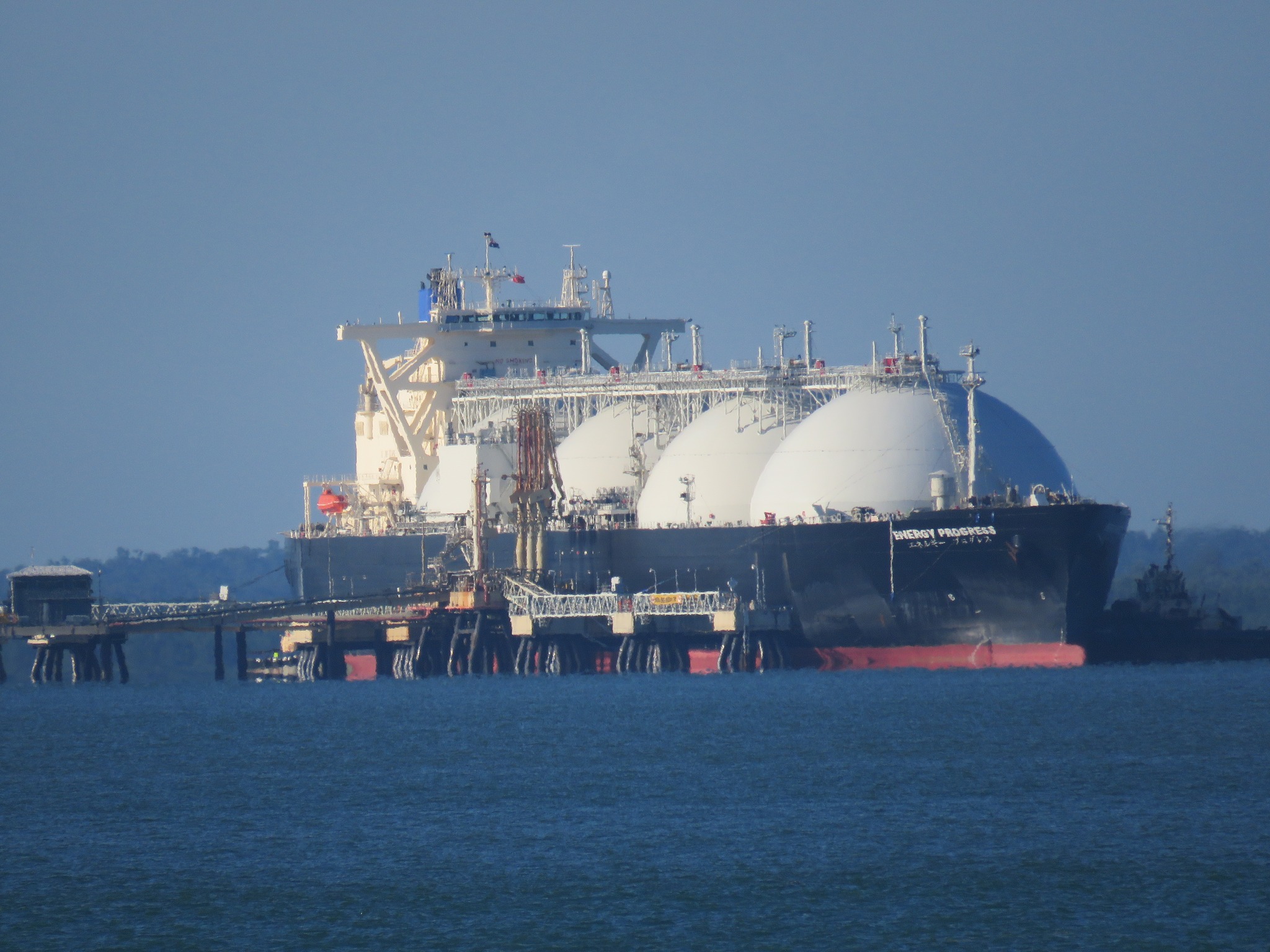DECEMBER 20, 2023 – At the front end of the day I read a report about how Houthi rebel attacks on commercial oil tankers in the Red Sea could disrupt global oil markets. The result of course, would be higher prices for a key commodity (still), thus giving the Fed little breathing space on the inflation front. And of course, we all know that many people assign blame to the current president—whoever that happens to be—for a sudden jump in gas prices at the pump, irrespective of the underlying cause. President Biden, look out! (Locally, though, gas can still be had for as little as $2.499 a gallon.)
When reading up on the latest news on world oil besides the Houthi attacks—OPEC’s production holdbacks offset by increased fracking production in North America—I thought about the extreme tension between our addiction to oil (and other fossil fuels) and our need to curtail our consumption to alter the current trajectory of environmental destruction—in both severity and frequency. Over an increasingly shorter timeline, it’s hard to come up with enough compelling evidence and arguments to outweigh the environmental cost of our fossil fuel addiction. Taking full advantage of our addiction, of course, are the producers and others all along the supply chain.
Later this morning, as I fought off the traffic around me after delivering our second grade granddaughter to school, I worried about our world—I mean our actual planet. Are we so self-absorbed, so acculturated to independence, so fettered to our myopia that we’ll fail to summon the will, make the investments—and sacrifices—and change course soon enough to prevent costs far greater than the grand total price of prevention?
At the back end of the day, I stumbled across a Bloomberg story leaving me even more discouraged. Ignored outside of the financial media, the amazing story underscored that when it comes to the fossil fuel industry—as elsewhere—the rich get richer and the poor get poorer. The cost of the poor getting poorer, however, is never reflected in pricing—though in Western democracies, at least, that cost is often reflected in taxes and social welfare outlays.
The story gave an account of how the Swiss-based commodities trading firm, Gunvor Group Ltd. had wreaked havoc with Pakistan’s economy. When Russia mobilized for its invasion of Ukraine in late 2021, traders and management at Gunvor could readily see the prospective effect on gas and oil prices. In fact after the invasion began on February 24, 2022, the price of liquified natural gas spiked by 150% in less than two weeks. Gunvor stood to make a quick fortune—if they could get out from a (basement low) five-year contract with Pakistan and sell at the new wildly high spot price. Doing what they do best, the lawyers fashioned hyper-technical arguments—with a little inadvertently legally helpful counter-action by Pakistan itself. The result was legal cover for Gunvor to break its contract and make an obscene fortune (estimated at $400 million) rather than a mere “tidy” profit factored into the five-year deal with Pakistan.
A number of Gunvor traders made off with seven-figure bonuses that year, thanks to the decision to dump Pakistan in favor of selling at the hugely inflated spot price. The article didn’t say, but I’m willing to bet that none of those traders bothered to send a thank you note to Vlad; nor, I’m sure did Gunvor’s majority owner (88%), Swedish billionaire Torbjörn Törnqvist.
Wow! I thought. The stuff that goes on in this world to which 90% of us are oblivious but leaves a country of 240 million in serious economic straits because of (a) Putin’s decision to invade Ukraine, (b) a trading firm’s decision to ditch its agreement with the country of 240 million so that its billionaire owner and multi-millionaire traders can all roll around in even more dough, and (c) our collective acquiescence in the destruction of the planet.
But just then I scolded myself for my “Bah Humbug!” attitude. Without merit was the unrelated excuse that I’d contorted myself for two hours today trying to wrap the exposed ends of wholly uncooperative copper wires around electrical switch/outlet terminals. Allowing defeatism in one pursuit didn’t justify a negative attitude toward the world generally.
I marched off in search of better news. Soon it appeared: the scientists at Lawrence Livermore National Laboratory in (Livermore) California who announced a year ago that they’d produced the first (on planet earth, anyway) nuclear fusion reaction, today revealed that they have since replicated the reaction three times.
In simple terms, nuclear fusion occurs when atoms are smushed together instead of split apart (nuclear fission). The result of the fusion is significantly more energy than it takes to create the reaction. At the Livermore lab, the scientists were able to produce as much as 3.88 megajoules of energy from slightly over 2.0 megajoules of energy (in lasers trained on the target). A significant positive side benefit of nuclear fusion is that unlike nuclear fission, it generates no hazardous waste.
A long haul exists from the Livermore reactions to commercially available, game-changing nuclear fusion. But with the promising results thus far, perhaps in keeping with the good cheer of the season, we can celebrate the real possibility, anyway, that Gaia—Mother Earth—will forgive us for our destructive ways and actually save us from ourselves by leveling the playing field between haves and have-nots.
Subscribe to this blog and receive notifications of new posts by email.
© 2023 by Eric Nilsson
